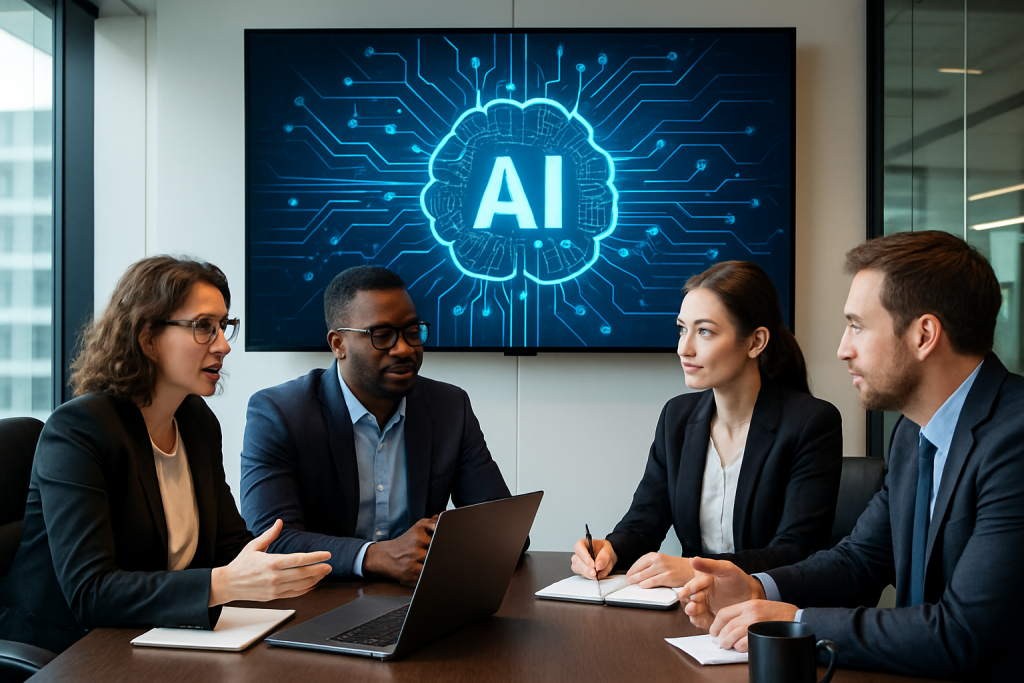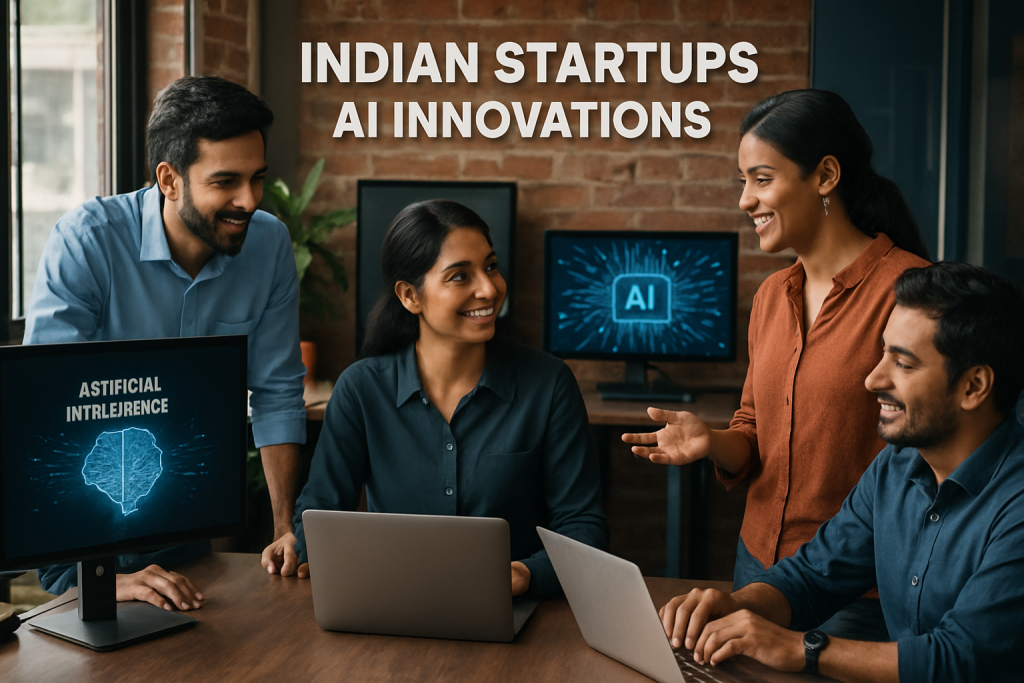The consulting industry faces its most dramatic transformation in decades. While many blame artificial intelligence for disrupting traditional models, the reality runs deeper. According to Alex Adamopoulos, CEO of Emergn, AI merely accelerates disruptions that were already reshaping how businesses buy consulting services.
The changes go beyond technology. Client expectations have fundamentally shifted from seeking advice to demanding actionable capability transfer. This shift threatens consulting firms that still operate under decades-old assumptions about value delivery.
Why Traditional Models Are Breaking Down
For years, consulting thrived on scarcity—exclusive access to frameworks, market research, and strategic insights. But today’s business leaders aren’t short on information. They’re short on the internal capability to act on insights quickly and effectively.
“What leaders want now isn’t more insight; it’s adaptability,” explains Adamopoulos. “They need teams, systems, and ways of working that can respond to change and deliver value long after the consultants have left the room.”
This reality check comes as AI makes premium outputs like market research and strategy roadmaps replicable in minutes. Business leaders increasingly ask: What exactly are we paying for?
Bill Farrell from IBM Consulting reinforces this urgency. A recent IBM study revealed that 86% of consulting buyers actively seek services that incorporate AI and technology assets. More telling: 66% will stop working with firms that don’t integrate AI into their services.
Strategic Shift Toward Capability Building
Smart consulting firms are pivoting from distant advisory roles to embedded partnership models. Instead of diagnosing problems and prescribing solutions from afar, they’re working alongside client teams to build lasting internal capabilities.
This transformation appears most clearly in product-led businesses, where digital ecosystem complexity demands more than static roadmaps. Success requires partners who can transfer thinking methods, improve cross-functional collaboration, and create environments where learning happens continuously.
“The most valuable consulting engagements leave behind not just recommendations, but a repeatable method of working,” notes Adamopoulos.
These methods must scale with organizations, adapt as priorities evolve, and equip teams for continuous improvement.
Julia Gosling from Freshminds emphasizes that adapting to unpredictable market conditions has become crucial for consulting resilience. Clients now demand agile, outcome-based solutions that meet shifting requirements efficiently.
Market Transformation Accelerates Growth
The consulting market shows robust growth in AI, cybersecurity, and ESG services. According to the Management Consultancies Association (MCA), the UK consulting market anticipates growth rates between 6.4% and 8.7%. Consulting services in AI, digital technology, and cost reduction are expected to drive the greatest expansion in 2025.
Major firms are reorganizing to meet these demands. PwC recently restructured its advisory arm from four groups to eight specialized platforms, including Cyber Data and Tech Risk, Digital Core Modernization, and Cloud, Engineering, Data and Analytics. This industry-specific approach aims to deliver more targeted solutions.
Meanwhile, mid-sized and boutique consultancies are capturing market share by offering specialized services at competitive rates. These nimble disruptors, often backed by private equity, leverage AI to stay lean while competing effectively against larger firms.
Technology as Enabler, Not Replacement
Despite AI’s transformative impact, consulting’s core value remains rooted in human judgment, context, and collaboration. The firms thriving in this landscape don’t simply automate faster—they reimagine what clients truly need and reshape delivery accordingly.
IBM’s Consulting Advantage platform exemplifies this evolution. The AI-powered delivery platform offers a comprehensive library of software assets, methods, AI agents, and applications while providing training to leverage technology effectively. This approach supercharges the expertise of IBM’s 160,000 global consultants.
“AI can amplify the expertise of consultants, taking on highly manual or repetitive tasks and freeing up time for them to focus on what they do best—solving complex, often mission-critical problems using creativity and strategic thinking,” explains Farrell.
Five Dominant Trends Reshaping Consulting
Industry leaders identify five key trends that consulting firms must master:
- Agentic AI transforms businesses, but organizations must reskill their people first. Global CEOs estimate that 35% of the workforce needs reskilling—translating to more than a billion workers worldwide.
- Technical debt continues growing despite efforts to control it. Only 25% of executives strongly agree their IT infrastructure can support scaling AI across the enterprise.
- Location strategy becomes critical as enterprises seek talent, data ecosystems, and infrastructure for effective AI scaling. Two-thirds of executives say AI changed their operational locations in 2024.
- AI investment requires self-funding solutions. Nearly all executives (95%) expect generative AI to become at least partially self-funded by 2026.
- Business model innovation lags behind AI capabilities. While 85% of executives say AI will enable business model innovation, organizational structures and workflows need fundamental rethinking.
What Business Leaders Should Know
The consulting industry’s transformation creates opportunities for savvy business leaders. Firms offering capability transfer rather than just advice provide more lasting value. Look for partners who can embed change into everyday work and build resilient systems with your teams.
Modern consulting success gets measured differently: How quickly can consultants help clients become self-sufficient? How effectively do they embed change? How resilient are the systems and teams they help build?
This shift demands fundamental changes in consulting posture—from delivering answers to enabling action, from boardroom strategy to cross-functional team embedding, from retained advisory to rapid capability transfer.
The Road Ahead
Consulting isn’t disappearing, but it’s being redefined. The industry’s future belongs to firms that balance technological integration with human expertise while prioritizing client capability development.
As AI continues accelerating change, the real differentiator becomes capability building rather than insight delivery. Consultancies that master this transition will remain indispensable partners in navigating business complexity.
The consulting transformation reflects broader business realities: in a world where insight is abundant, sustainable competitive advantage comes from building internal capabilities that adapt, learn, and deliver value continuously.
How is your organization preparing for this shift toward capability-driven consulting partnerships? Share your strategic approach.


